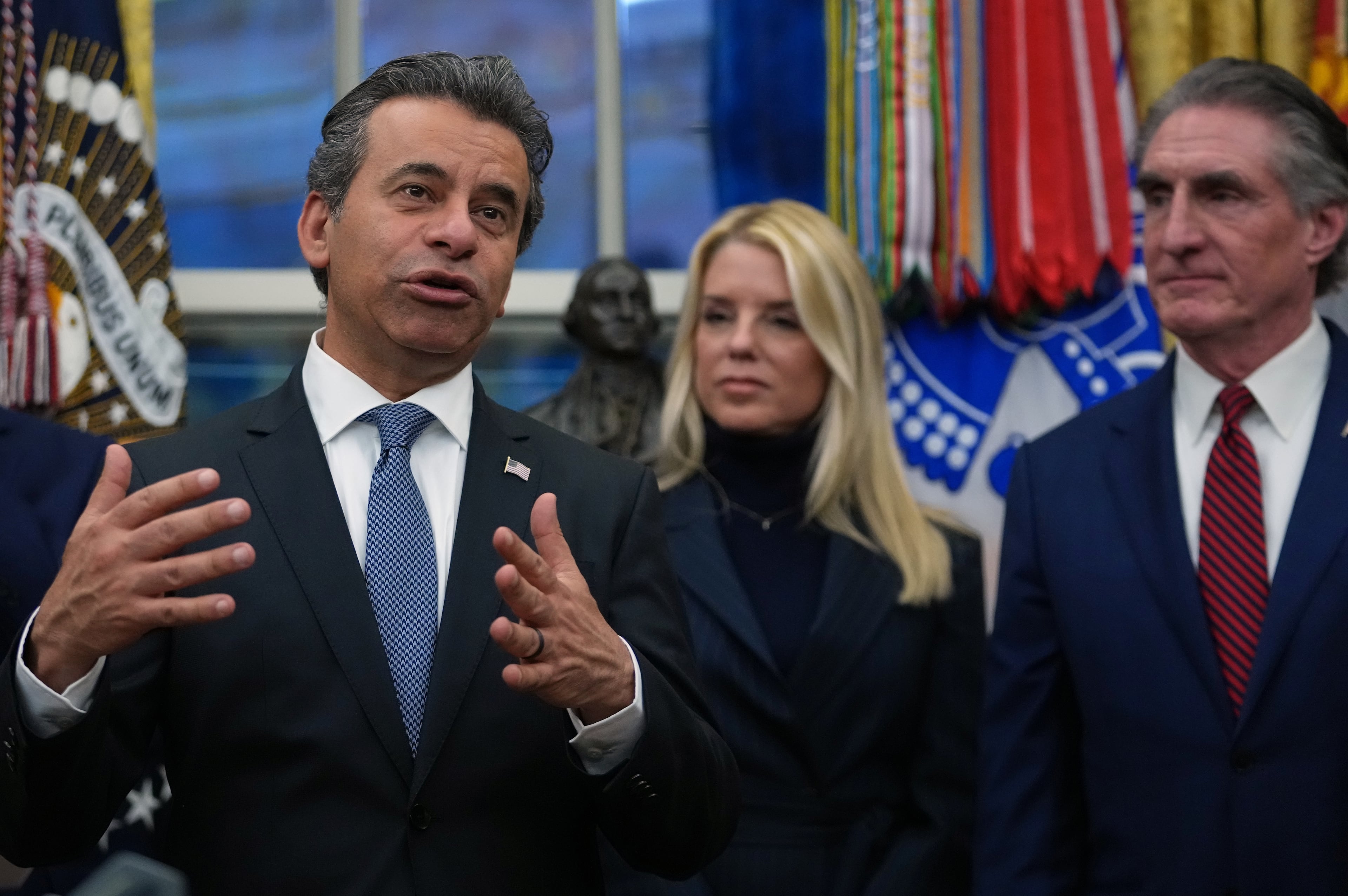One thing RFK gets right
I’m a fervent opponent of Robert F. Kennedy Jr., President-elect Donald Trump’s intended nominee to head the Department of Health and Human Services. I have derided Kennedy as a conspiracy theorist whose false statements on vaccines — and many other medical matters — pose a dire threat to our well-being. I hope the Senate doesn’t confirm him.
But just because Kennedy is wrong about so many things doesn’t mean he’s wrong about everything. And on one issue, he is absolutely right: We shouldn’t allow drug companies to advertise on our airwaves.

As Kennedy has noted, the United States is one of only two countries — New Zealand is the other — that allows the pharmaceutical industry to advertise directly to consumers. Drug companies spend a billion dollars a month asking you to “ask your doctor” to prescribe their wares.
And too often, you ask for a drug that you probably don’t need. In a recent study, researchers found that drugs with the lowest clinical benefit drew the most advertising.
That’s what you’d expect. Imagine you’re a drug company, and you have a product that might not work very well. How can you get people to take it? Push it on television and social media, of course.
The Food and Drug Administration is supposed to make sure that advertising of pharmaceuticals — including their side effects — is accurate. But fewer than 100 people work for the two arms of the agency that are charged with regulating advertisements.
When it determines that an ad for a drug is inaccurate, the FDA sends a warning letter to its manufacturer. Between 2019 and 2014, it sent just 32 such letters — an average of about six per year.
That means companies can misrepresent their products without much worry that they’ll be called to the carpet. Sometimes their claims minimize the dangers of a medication, like the ads for the painkiller Vioxx that played down its risks of causing heart attacks and strokes.
More commonly, though, the ads exaggerate what the drug can do. After his wife died of lung cancer a few years ago, insurance executive Mark Jablow turned on his television to see an advertisement for a drug she had taken. “A chance to live longer,” it declared.
What it didn’t say was that just one in five patients with stage 4 cancer — his wife’s diagnosis — showed any measurable response to the drug. And among all patients, the median increase in life expectancy — compared with standard chemotherapy — was just three months.
Even when the advertisements are honest about the product, meanwhile, consumers have a hard time evaluating them. And if you think otherwise, well, ask your doctor.
Two-thirds of physicians in a 2004 survey said patients confused the risks and benefits of advertised drugs. And consumer research bears that out. In a 1999 study, 43% of respondents said that only “completely safe” drugs could be advertised; another 22% said that ads for drugs with serious side effects were banned.
Both statements are false, of course: Companies must list side effects precisely because their products aren’t completely safe. If people can’t make sense of that, how can they decide whether a given drug is right for them?
The pharmaceutical companies will tell you that advertising helps consumers make “informed choices.” But the goal of the companies isn’t to inform us; it’s to share whatever information will get us to choose a product.
Watch any television pitch for weight-loss and diabetes drugs — which spent $1 billion on advertising in 2023 — and you’ll see what I mean. Smiling people dance in the streets, delighted that they shed some pounds. What’s not to like?
But on social media, especially, paid influencers tout weight-loss drugs without noting the side effects that TV ads mention. And the FDA has been slow to respond, issuing only seven letters of warning against sponsored drug-related posts since 2017.
So long as the ads remain legal, the FDA needs to step up its enforcement. But a better solution would be to prohibit direct-to-consumer drug ads entirely, like Robert F. Kennedy Jr. wants us to do.
It’s not clear whether Kennedy would have the legal authority to ban the ads if he becomes HHS secretary. And, again, I hope the Senate rejects him for the post.
But I also hope the issue comes up during his confirmation hearings and that it receives the airing it deserves. Kennedy is wrong about vaccines, water fluoridation and dozens of other subjects. But on pharmaceutical advertising, he’s 100% correct. Let’s hope the nation takes note of that.
Jonathan Zimmerman teaches education and history at the University of Pennsylvania. He is the author of “Whose America? Culture Wars in the Public Schools” and eight other books.


